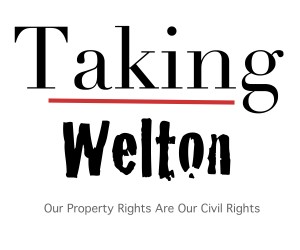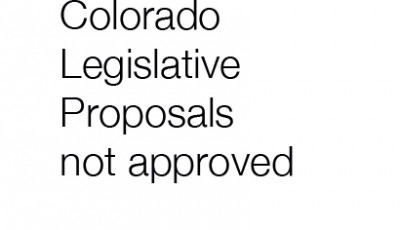House Concurrent Resolution 06-1001
“Would have referred to the Colorado voters the question of whether to amend the Colorado Constitution to require a condemner to establish, through clear and convincing evidence, that property condemnation is for a public use. This measure would have also restricted “public use” to mean situations in which a public entity or public utility will occupy the condemned property or, if the property will be disposed of, to remedy conditions that are injurious to the public health or safety. This resolution specified that condemnation for tax increases, employment increases, or general economic health does not constitute a public use.”
“Would have required additional compensation to property owners for damages resulting from the condemnation and the violation of the owner’s property rights. The bill required the additional compensation to be between 10 and 40 percent of the fair market value of the property taken, which would have been determined by a court-appointed board of commissioners or members of a jury, as applicable.”
not approved
House Bill 06-1003
Senate Bill 06-078
address property condemnation for these types of projects. These bills place several restrictions on private toll road or toll highway corporations, the most significant being a prohibition on the use of eminent domain to acquire rights-of-way for transportation projects. Instead the private corporation must enter into a public-private initiative with the Department of Transportation. The
use of eminent domain for toll roads or toll highways may only be exercised by the department for the purpose of acquiring property for a toll road or toll highway that is open to the public and is incorporated into the statewide transportation plan.
“Would have limited the ability of smaller special districts to condemn property. The bill would have placed several election requirements on special districts organized by less than 100 voters in order for these districts to exercise eminent domain.”
Raegan Robb. Issue Brief. Colorado Legislative Council. Number 06-09. 6 July 2006.
House Bill 08-1278
“Would have restricted RTD’s eminent domain powers to public transit purposes, prohibiting the district from using such powers to acquire, construct, administer, or maintain ancillary or secondary facilities including, but not limited to, parking facilities, retail, residential, or mixed-used development located at transit stations or facilities. The bill was postponed indefinitely.”

